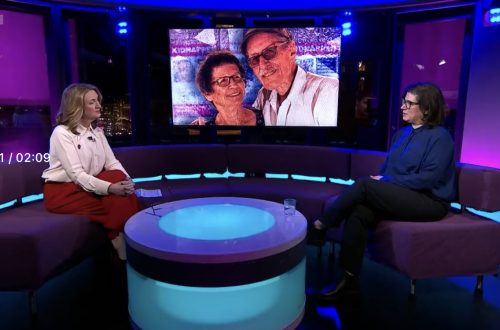Damn, I have to stop reading the Metro on the train in the morning. It’s one thing to get the blood pumping in the morning, it’s quite another to get the blood boiling – which I sometimes think is the chief aim of the the paper.
The story that grabbed my eye this morning, mainly because I was still thinking about yesterday’s debate about discrimination was this:
A dyslexic medical student is taking legal action against the General Medical Council over its use of multiple choice tests.
Naomi Gadian says the exams discriminate against people who suffer with the learning disability that can hinder a person’s ability to read and write.
The 21-year-old student at the Peninsula College of Medicine in Plymouth said the system was unfair and unrealistic.
‘Patients aren’t going to ask you, “Here’s four answers. Which one is right?”,’ she added.
The GMC said it had recently issued new guidance for medical schools to improve the accessibility of education for students with disabilities.
Now I am very sorry that some people have disabilities and in some ways it’s rough that people even have different abilities. But that’s just a fact of life. Life, we should not need reminding, is sometimes – perhaps even frequently – unfair. I think it is a sign of a civilised and compasionate society that accomodation and inclusion for as wide a range of people is sought. Within reason.
But, here’s my gut reaction to this case. I don’t want a person who has difficulty with written comprehension practicing medicine. I don’t want a person who finds it difficult telling 3 or 4 options apart prescribing medication for people, particularly because the nuances between some courses of treatment might be much more complex than deciding between A, B or C in an exam. Words like “not” and “only” are not merely qualifiers, they may be the difference between life and death.
Ms Gadian says “Patients aren’t going to ask you, ‘Here’s four answers. Which one is right?'” but is this true? Is it not the case that some symptoms might indicate a variety of conditions and the only way to distinguish is hitting the literature?
Is the difference between ‘aspirin’ and ‘aspartame’ not critical? When determining dosages, is the difference between ’16gm’ and ’61mg’ not the difference between recovery and coma?
My gut tells me that it really is not a good idea to accommodate learning disabilities in medical exams.
But, I will admit that I might be wrong. If the Metro is calculated to generate emotional overreactions, then perhaps I am overreacting on cue. AFter all, I’m just a layperson. I don’t have a medical degree, so perhaps there’s something I’m not taking into consideration. Perhaps people with learning disabilities can make great doctors. I don’t know. What do you think? What are our choices?

